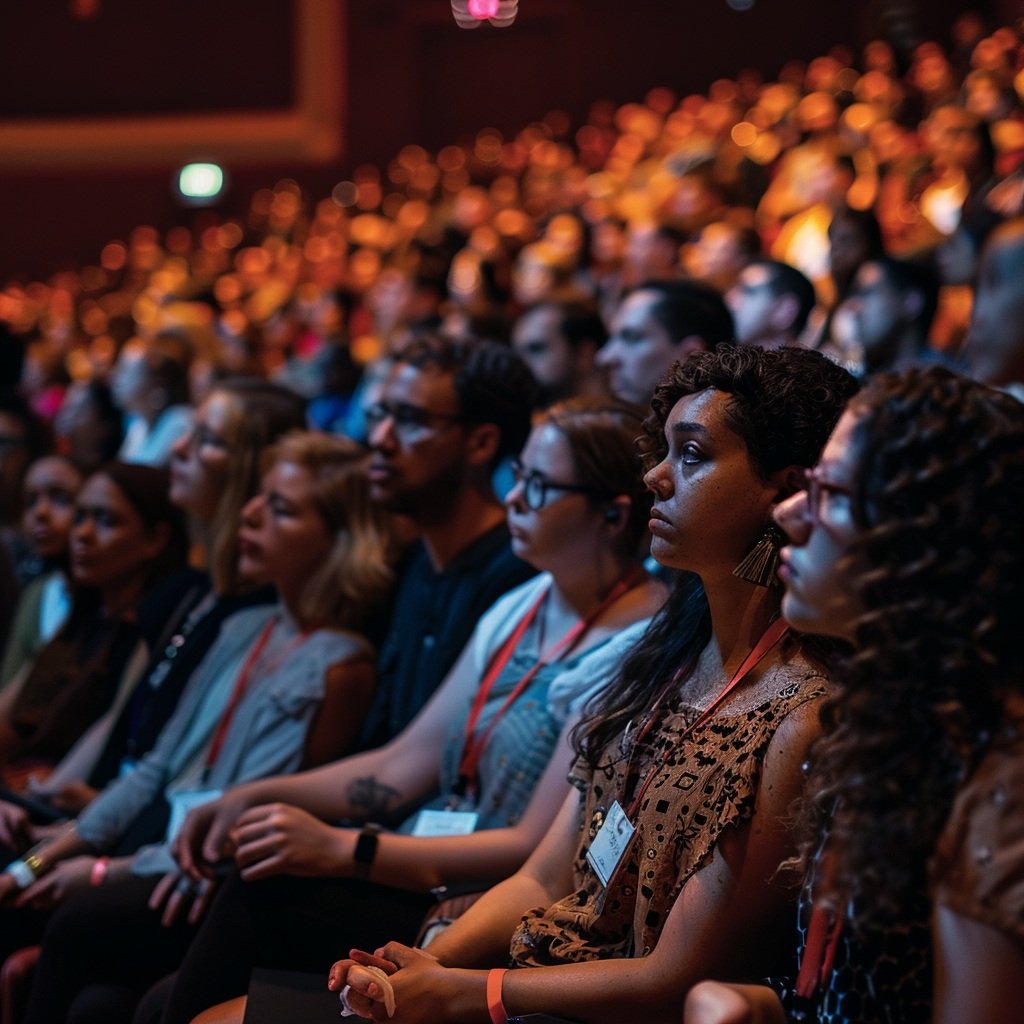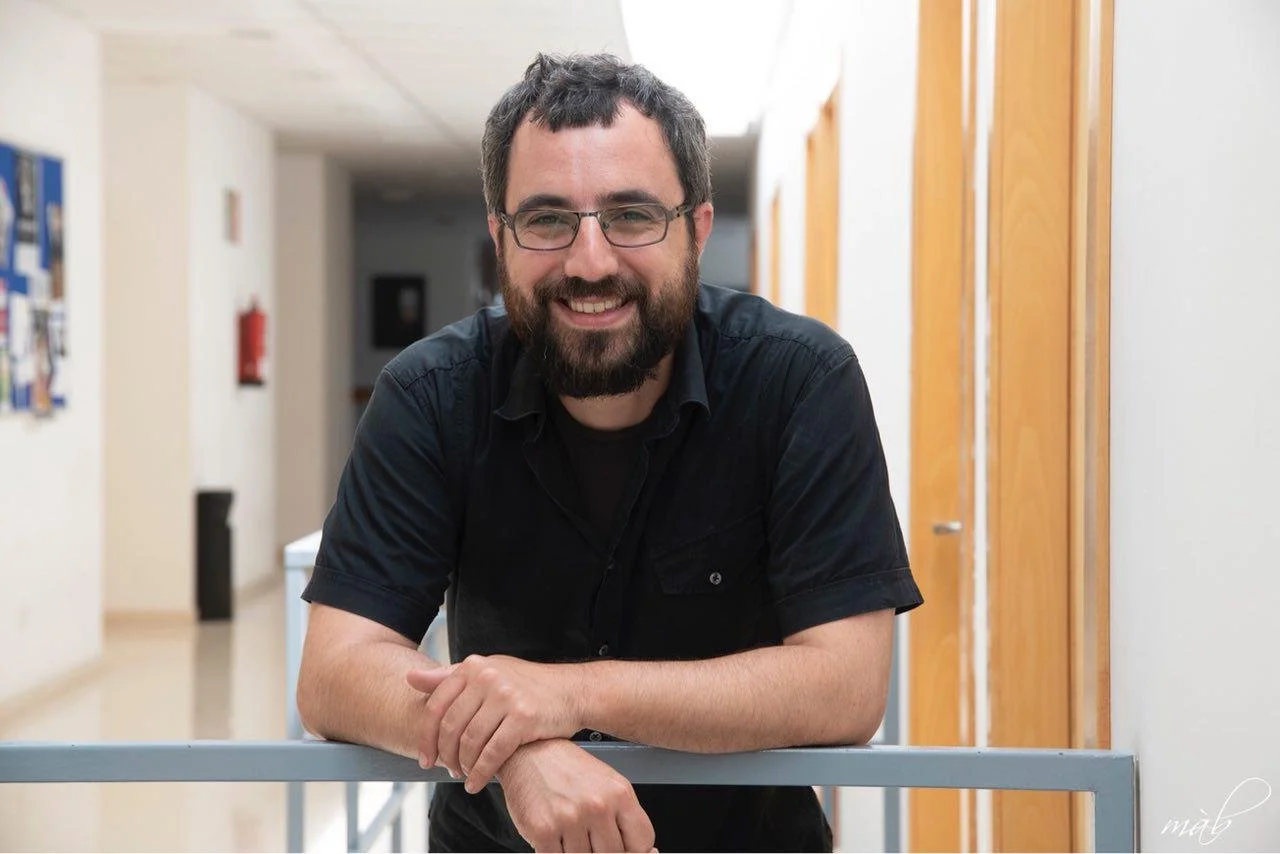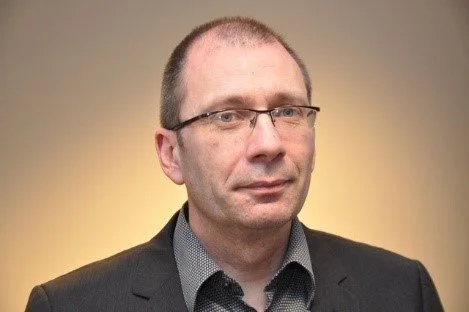
FARI Conference 2025
AI, Robots, & Us:
Living with Intelligent Agents?
November 17 - 18, 2025 | Brussels, Belgium
Join us for the 2025 FARI Brussels Conference, returning for its fourth edition on November 17-18, 2025. This two-day event will bring together researchers, policymakers, industry leaders, and engaged citizens to explore the growing role of AI and robotics in our daily lives. Conference Day on November 17 will take place at Studio Flagey, while Partners Day on November 18 will be hosted in the city center of Brussels. The conference will feature keynote presentations, interactive discussions, and opportunities for collaboration. This year’s theme, AI, Robots & Us: Living with Intelligent Agents?, will examine how AI systems and robotic agents are shaping our future and what it means to live alongside them in a rapidly evolving world.
Don’t miss this opportunity to learn about the pressing questions surrounding the future of artificial intelligence, robotics, and their societal impact.
Stay tuned! More details about the program for both days, as well as registration information for Partner Day, will be shared soon.

2
800+
Days
Participants
50
10+
Speakers
Sessions
AI, Robotics, and Us
Living with Intelligent Agents?
AI and robotic agents are playing an increasingly prominent role in our society. From automating domestic, private, and public tasks to advancing scientific discoveries, supporting healthcare, and even being deployed in warfare, their influence is expanding. While autonomy levels vary, it’s evident that we are progressively entrusting AI and robotics with critical aspects of our lives.
As we approach this transformation, the 2025 FARI Conference will address essential questions: What defines an ‘agent’? What does it mean to live alongside them?
Looking toward the future, how can we ensure democratic values, safety, and other crucial safeguards for a desirable and ethical future?
Who will join?
-
Scientists and experts will have the opportunity to network with peers and contribute to discussions and advancements in the field of AI, data processing, and robotics research.
-
Administrators will gain insights and resources to assess AI, data, and robotics in public services, enhancing their work. They will also learn about informed policy-making for Europe's economic competitiveness and societal well-being.
-
Entrepreneurs will explore how private innovations can lead to public benefits, considering factors like regulation, collaboration, and corporate social responsibility.
-
Citizens will delve into AI's impact on Europe's economy and society, discussing its creative and societal implications. It is a chance to connect with experts and find answers to pressing questions.
Catch up on #FARI2024
Revisit the highlights of the FARI Brussels Conference 2024: watch the full recordings on our YouTube channel and download our summary.

-
#FARI2025 will be held on November 17 & 18
Registration for the Conference Day (Nov. 17) is now open — stay tuned, more details about the Partners Day (Nov. 18) will be shared soon!
-
Sponsorship
Show your commitment to AI for the Common Good by partnering with us and our community.
Contact Us
FARI – AI for the Common Good Institute
FARI – AI for the Common Good Institute is a non-profit university institute on AI, data and robotics focused on the Common Good. We are jointly initiated by two Brussels universities (VUB & ULB) – uniting interdisciplinary expertise across 10 research groups on AI, data, robotics, social sciences, ethics, and law.
We do research and build bridges with public administrations, industry, and citizens, promoting sustainable AI, data & robotics with a focus on urban and public priority domains such as health, mobility, sustainable robotics, climate and energy, participatory and inclusive society.














